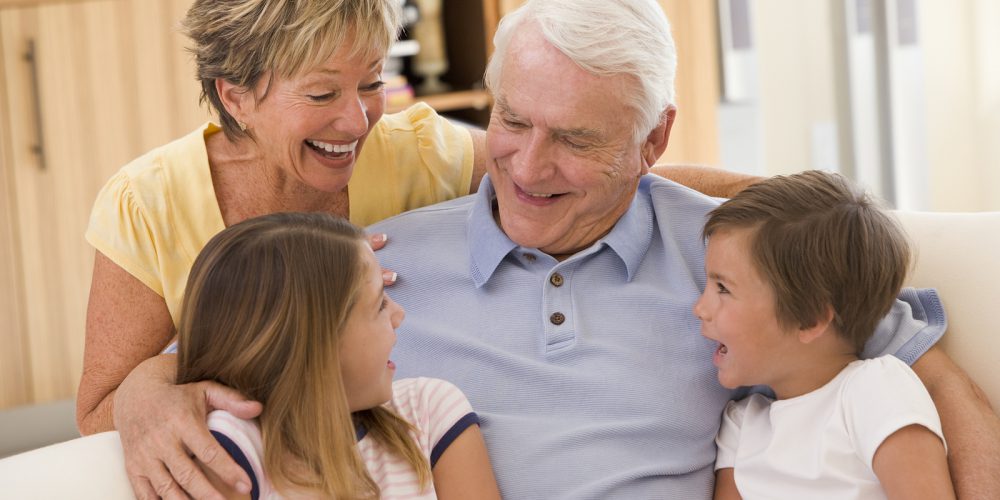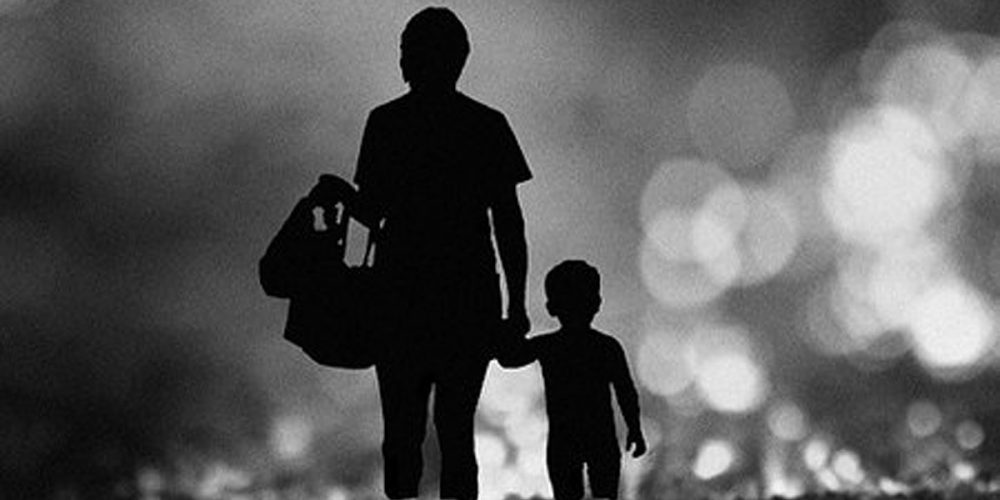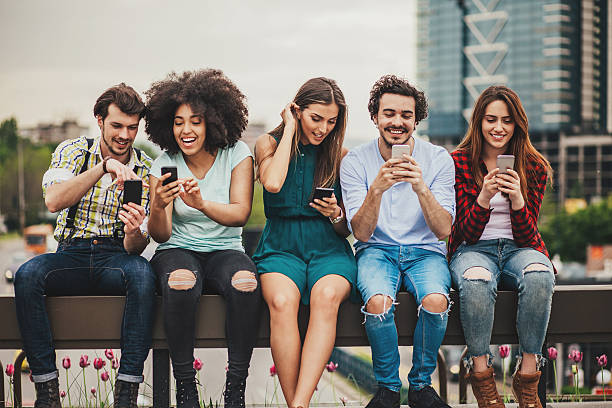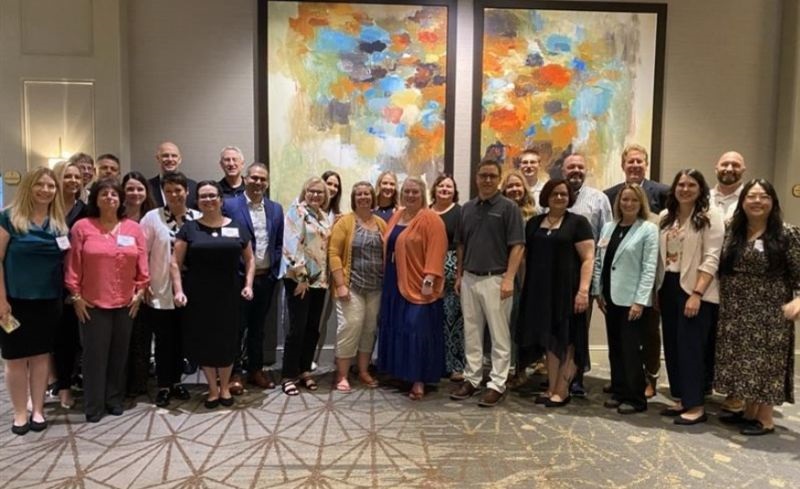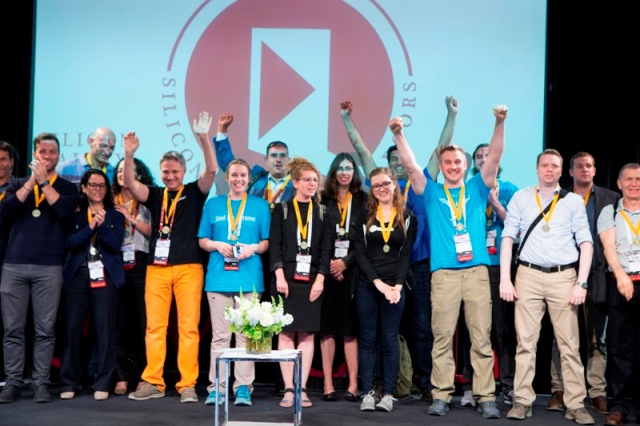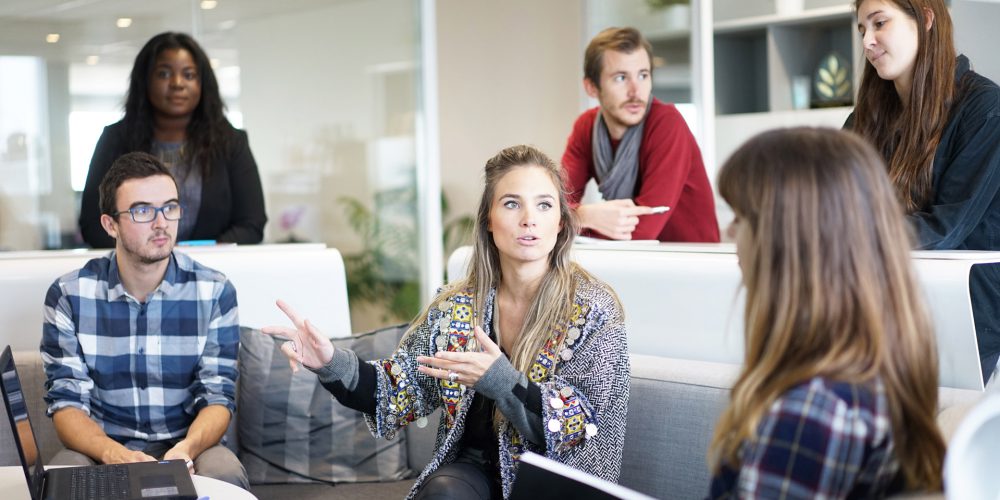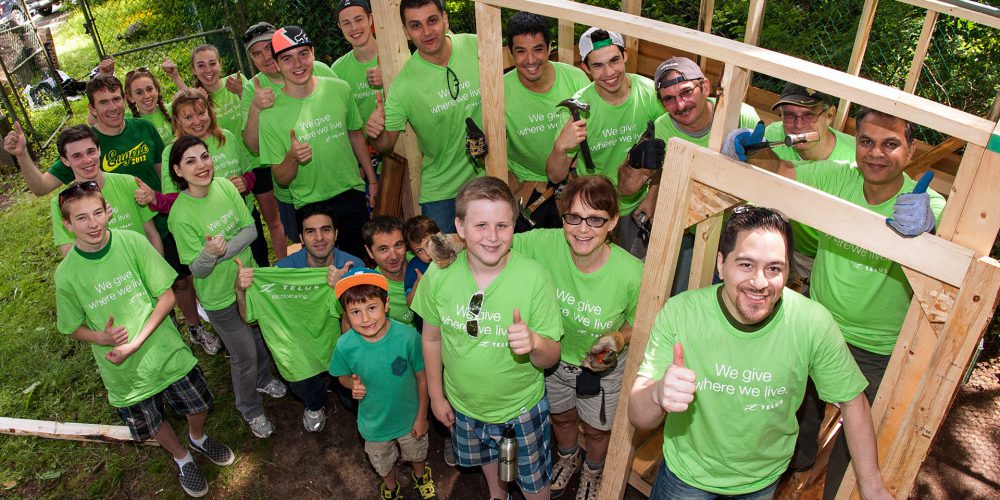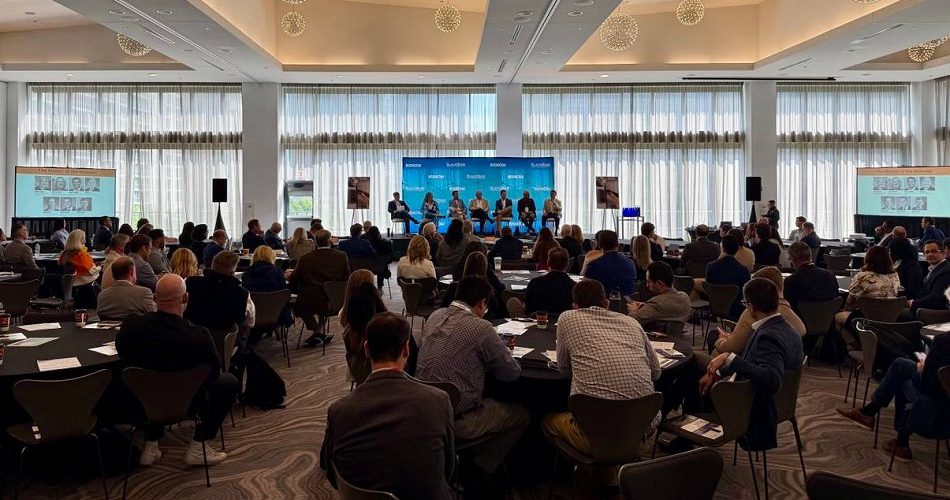Is it possible to avoid screens?
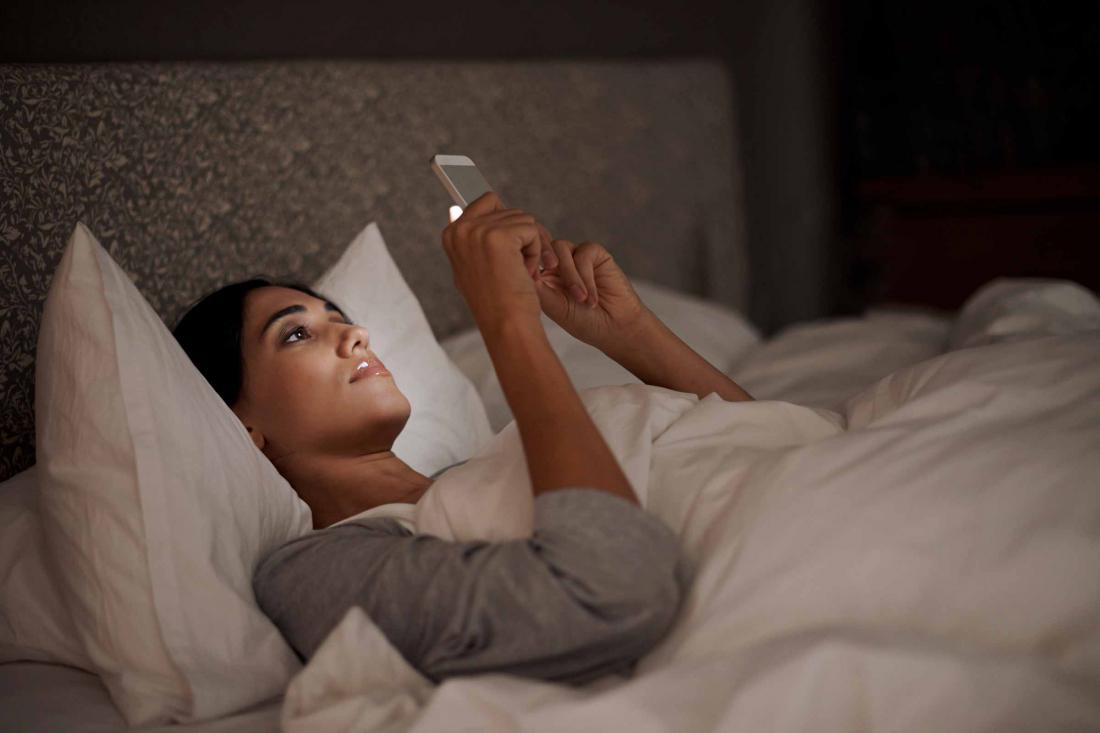
If you’re like me, your phone or tablet is probably the first thing you look at in the morning and the last thing you look at before bed.
All this screen time may be eating away at our sleep.
Studies have shown that being exposed to the blue-and-white light given off by phones, laptops, and other electronic gadgets at night prevents our brains from releasing melatonin, a hormone that tells our bodies it’s nighttime.
That means it takes us longer to fall asleep. And many years of delaying sleep, researchers think, can mess with our internal body clocks.
Some experts suggest not using our devices for roughly an hour before bed could help us fall asleep faster.
I decided to go one step further and avoid looking at any screens from the time I left work until the time I went to bed every night from Monday to Friday.
Here’s what happened.
Lesson 1: Avoiding screens is hard
This experiment was meant to be about sleep quality, but it was mostly an exercise in self-restraint. Like most people with a smartphone, I’m used to having mine handy at all times. It’s my lifeline to friends and family, my navigation system in New York City, my portal to email and social media, and my alarm clock.
I was most worried about being able to contact my significant other and my family, but I told them ahead of time about my experiment and asked them to call me (I decided to allow myself to answer phone calls or make them using Siri).
Fortunately, my boyfriend was visiting me for the first few days of my screen-free week, so not being able to text him wasn’t such a big deal.
My first challenge was swearing off Netflix at night. It was tough to avoid the temptation of watching a show when I got home after a long day of work and riding the subway, but I managed to hold out.
I’m also used to messing around on the internet right before bed, catching up on email and Facebook and scanning the news.
Instead, I read. Yep. Good old fashioned books. That’s right. Books.
When it came time to sleep, I used Siri to set an alarm for the next day (a tip I learned from this handy story).
Lesson 2: Not being behind a screen made me more social
Knowing I couldn’t turn to my usual forms of electronic entertainment, I made a point of going out with friends or attending a class pretty much every night after work.
The first night, my boyfriend and I went for a walk and then had dinner at a new restaurant in my neighborhood.
It was refreshing to lose myself in conversation instead of feeling the need to check my phone every few minutes.
At one point, my boyfriend used his phone to look something up — something I normally wouldn’t notice, but not being able to do the same thing was strangely liberating.
The following night, we ate out again (I did end up cheating a bit to check the address of the restaurant). We’d planned to check out a public lecture about exoplanets that night, but we arrived too late and the venue was full.
As we were leaving, a group of people our age asked if we wanted to join them for a drink and some “made-up” science conversation. Normally, I probably would have said no, but facing another evening without electronics, I decided to join them. We ended up having a pretty good time.
I had a three-hour improv comedy class in Manhattan on my third night of not using screens, so I didn’t miss using my phone. After class, I went to a show, and then made my way to the subway (I had looked up the stop ahead of time to avoid having to use my phone).
I had drinks with a friend after work on my final night. By the time I got home that night, my electronics “diet” was starting to feel less fun. I ate dinner and listened to an audiobook, because my apartment felt strangely silent and lonely without any TV or internet.
Another thing I noticed during my screen-less week was how often I had the urge to check my phone anytime there was a dull moment, like waiting in line for the bathroom at a café. I also found myself getting increasingly anxious as the day wore on and the time I had left with my phone seeped away.
But did any of this electronic deprivation help me sleep better?
Lesson 3: Yes, falling asleep did get easier
Obviously this wasn’t a scientific experiment. But, anecdotally, I do feel like avoiding screens in the evening helped me fall asleep faster, and I felt fairly rested during the day.
But the bigger effect was in how I spent my free time and interacted with the world.
I spent the time before bed reading instead of watching Netflix, which made me feel like less of a worthless human being.
Realistically, most of us are going to want to use screens at night, but I discovered a few tricks that could minimize the toll on my sleep.
I downloaded a free software program called f.lux that adjusts my computer’s “color temperature” — the tint of the screen — to the time of day, which makes my monitor appear a soft sepia hue that looks funny at first, but you get used to it, and it feels better on the eyes.
I discovered that my iPhone has an “invert colors” option, which makes light colors appear dark and vice versa. This works pretty well for reading texts or articles, which often have a bright background. (It also has the bonus of making photos of people look a bit ridiculous.)
All in all, it was an interesting experiment, though I don’t think I could stick to such a strict regimen for much longer than a few days. Although I have gone back to using screens at night, I am more conscious of using them before bed.
Who knows — maybe I’ll finally get around to that stack of paperbacks I’ve been meaning to read.

